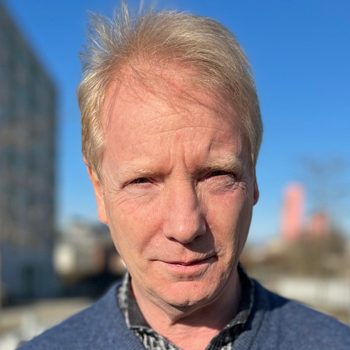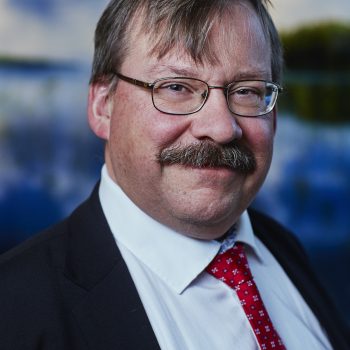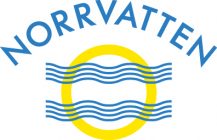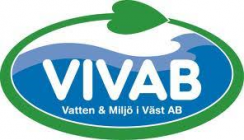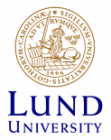Rational microbial analysis for distribution of biostable quality drinking water
This project investigates the biological status of the drinking water distribution system, with a focus on biostability and measures for securing a stable drinking water quality.
The aim of the project is to show and investigate the microbiological status of the drinking water distribution network, with a focus on biostability and a measures program for stable drinking water quality. We achieve this with effective, informative, and well-planned flow cytometrical (FCM) analyses.
Together with ViVAB we have obtained unique knowledge about which bacterial taxa leave the biofilm in a full-scale distribution system. Ongoing studies show that the number of bacteria vary from approximately 2,000 to 250,000 bacteria per mL tap water, depending on the time of year and distribution area. The composition of the bacterial flora dramatically changes with changed temperatures and retention times, which may also affect the enumeration of culturable microorganisms at 22°C.
We will be investigating distribution systems in Stockholm (Norrvatten), Skåne (Sydvatten, VA SYD), and Varberg (VIVAB) with microbiological, chemical, and traditional water analyses. Sampling will be done both inside the water works, as well as in well chosen and planned positions in the distribution network. The strategy is to harmonize the ongoing internal FCM-analyses in Görvälnverket, Kvarnagårdens vattenverk, and Ringsjöverket, as well as to systematically and strategically collect data from three distribution systems.
Based on the separate raw water sources, preparation processes, and drinking water qualities, we will identify overarching factors which affect the biostability and further suggest measures that maintain the drinking water quality in the distribution network. Existing measures in the distribution network, such as UV and monochloramine, will be specially evaluated with the goal of being able to optimize the processes of distribution based on e.g. hydraulic principles.
SVU project
The project has been granted 950,000 SEK in financing from Svenskt Vatten Utveckling, SVU.
Project Manager
Peter Rådström
Lund University

